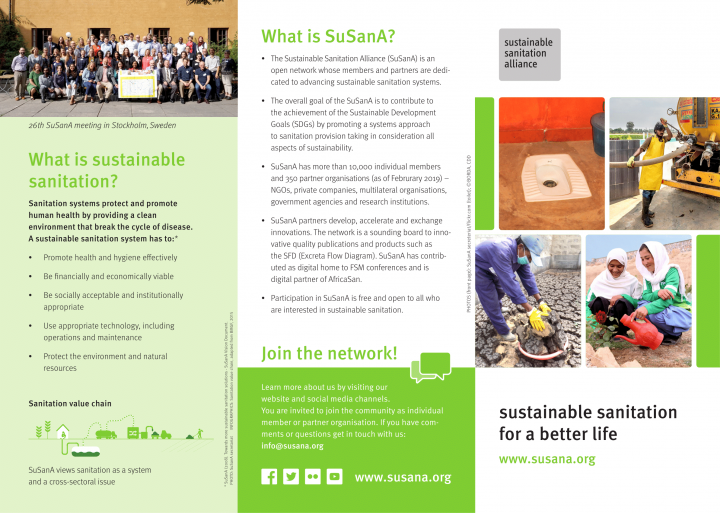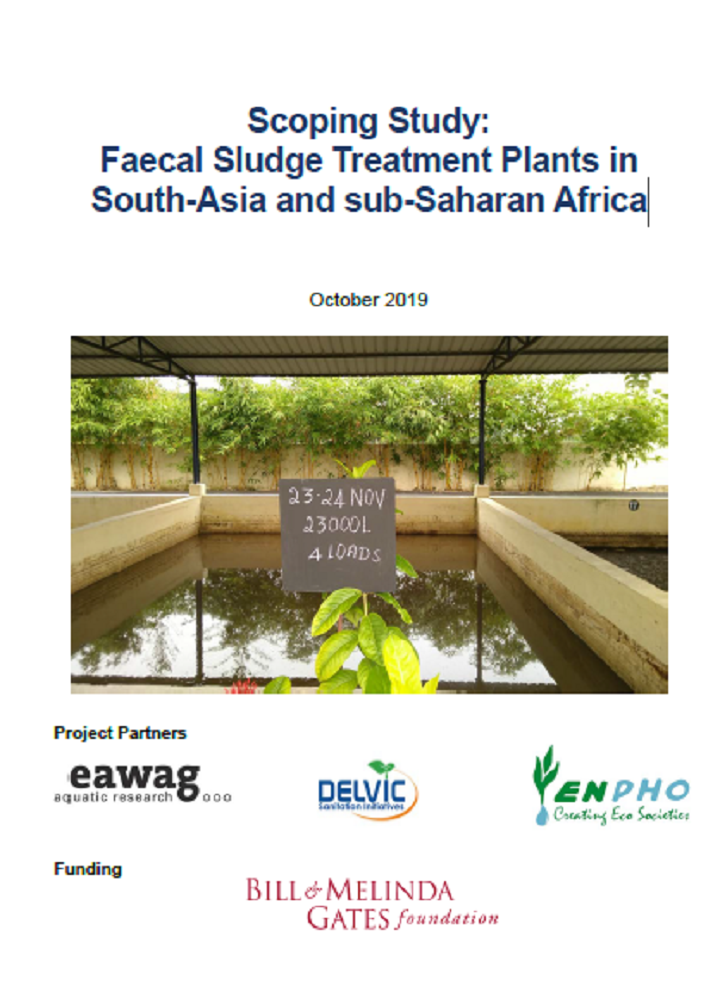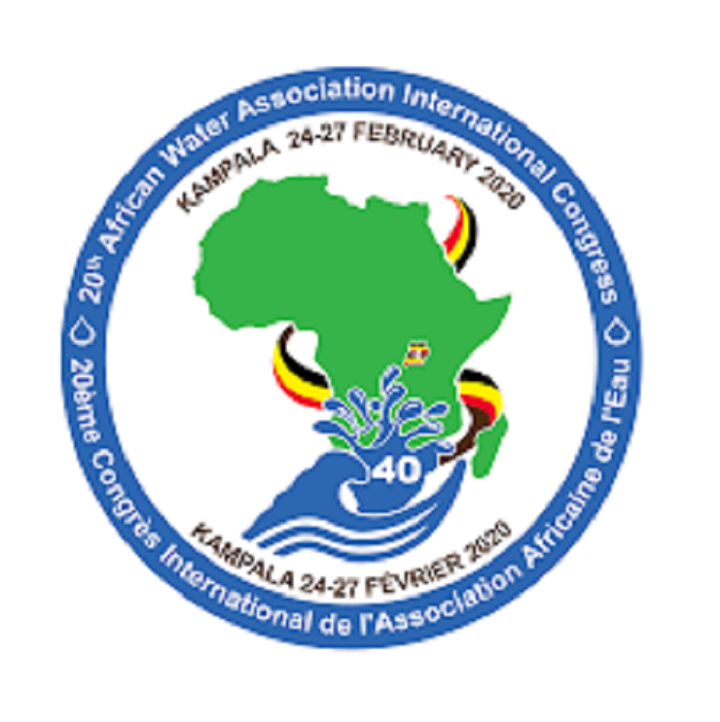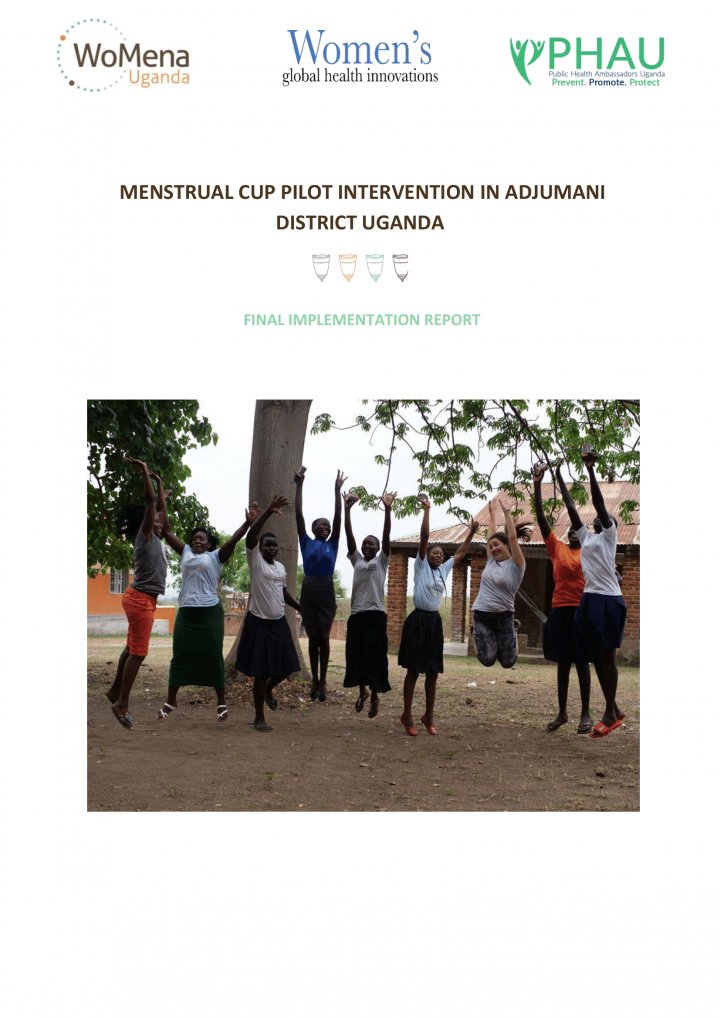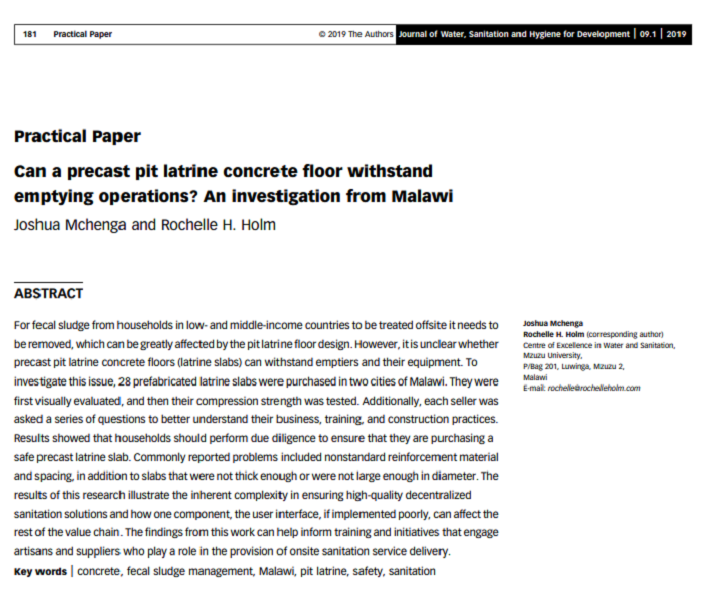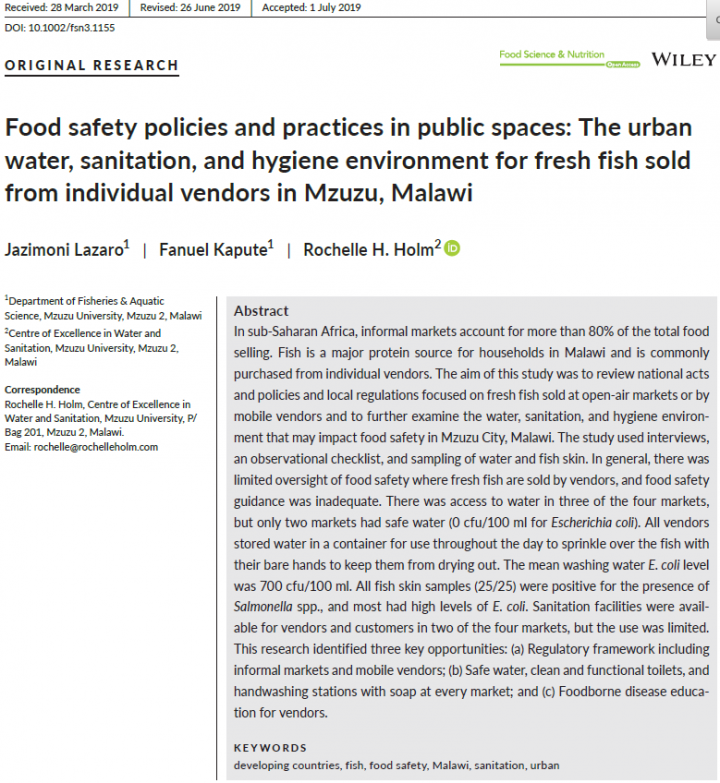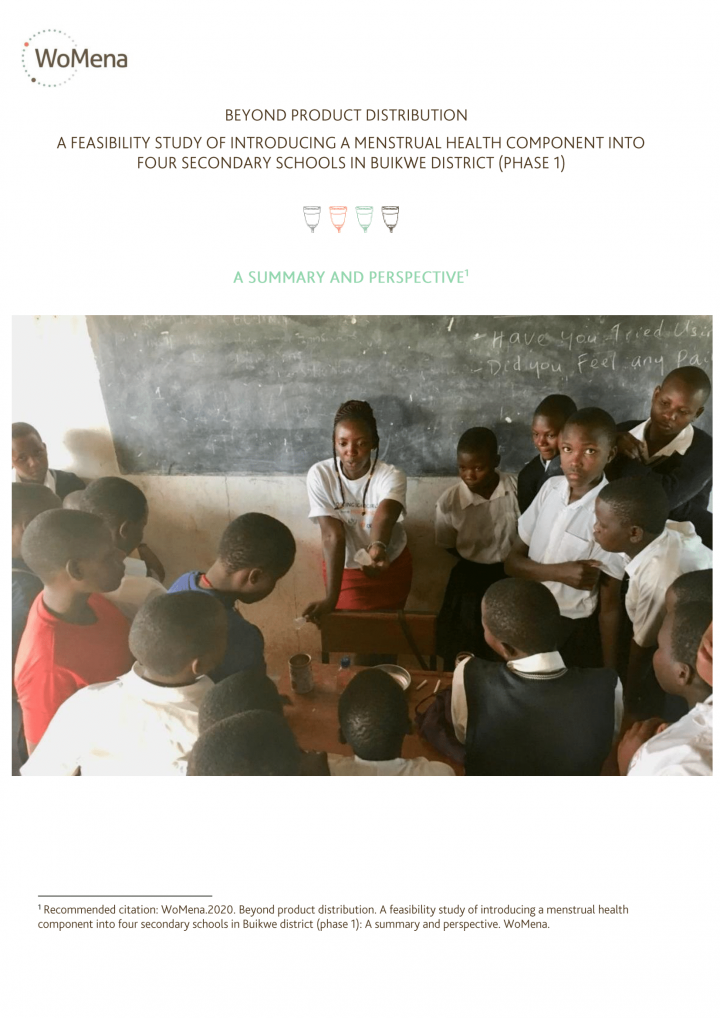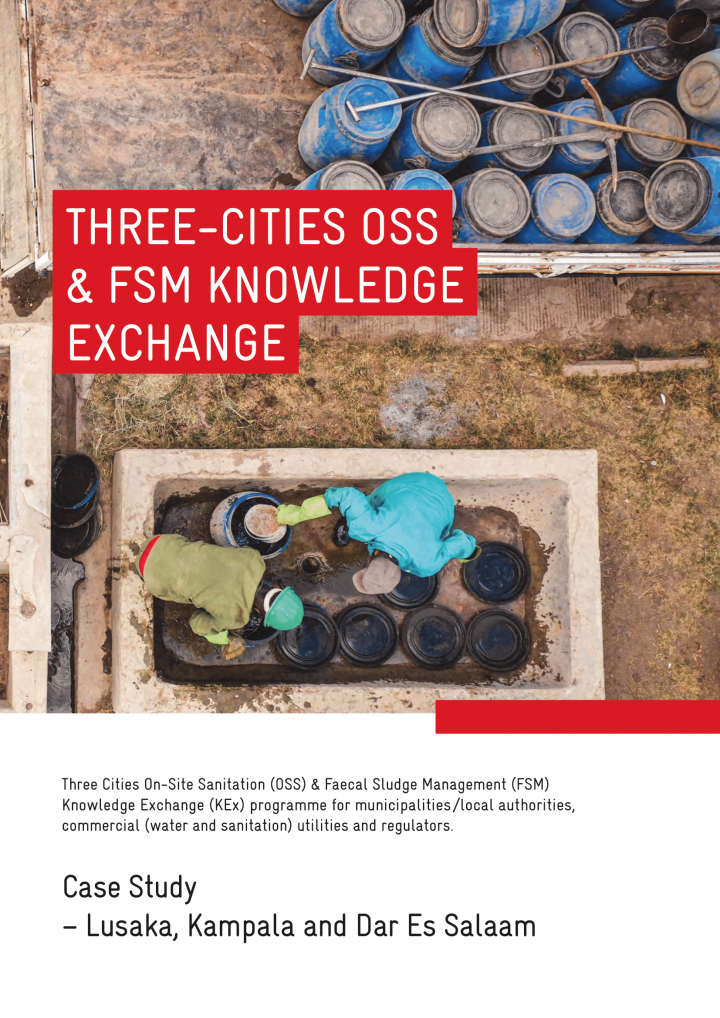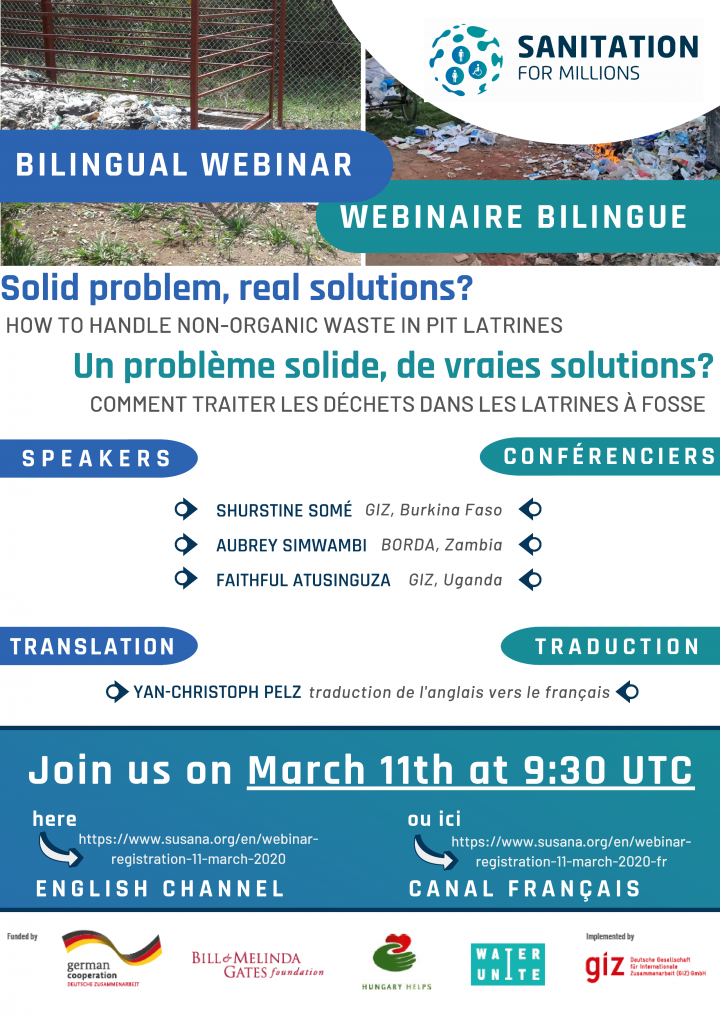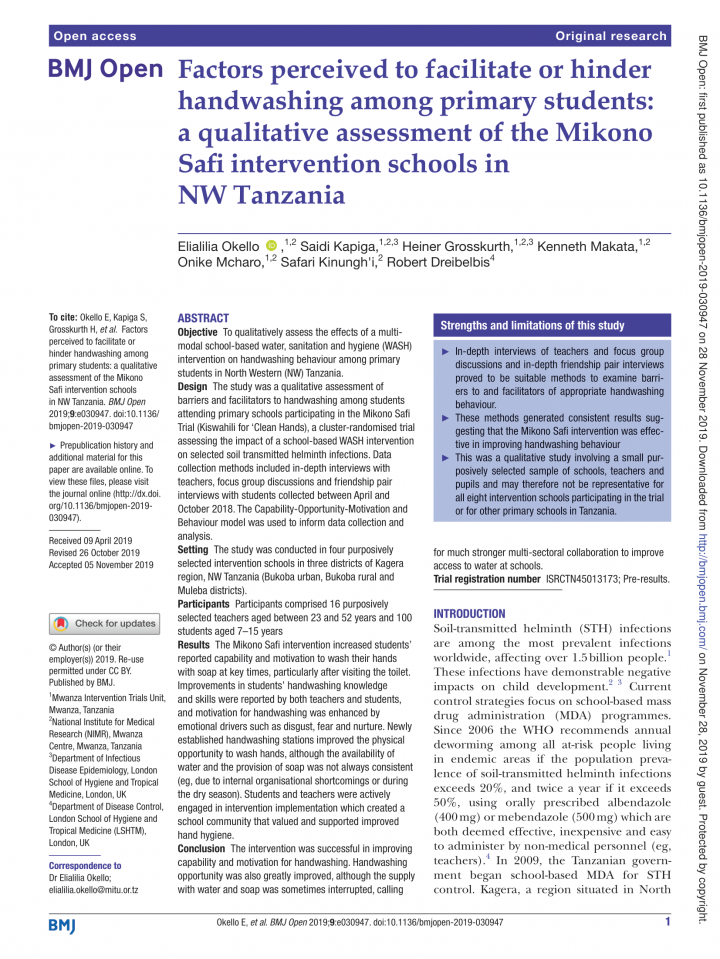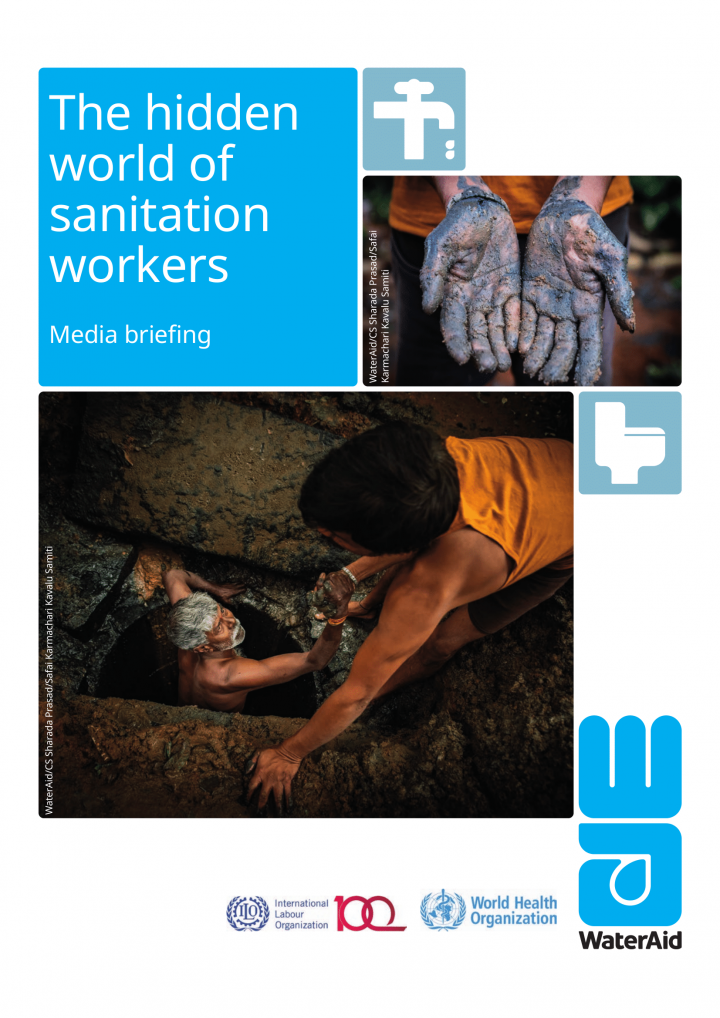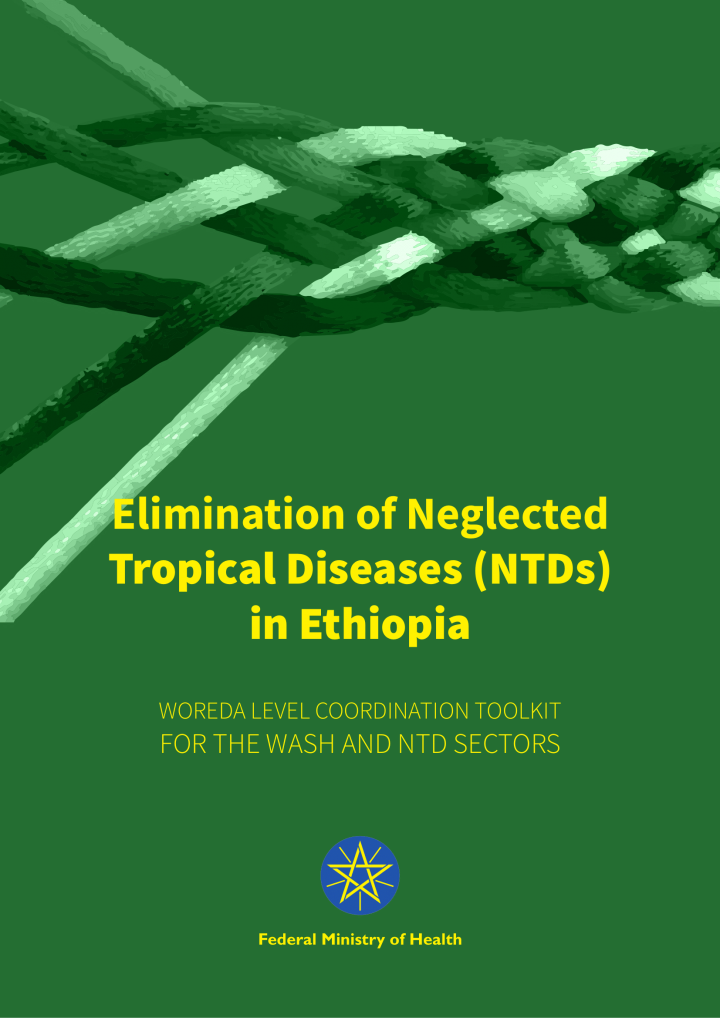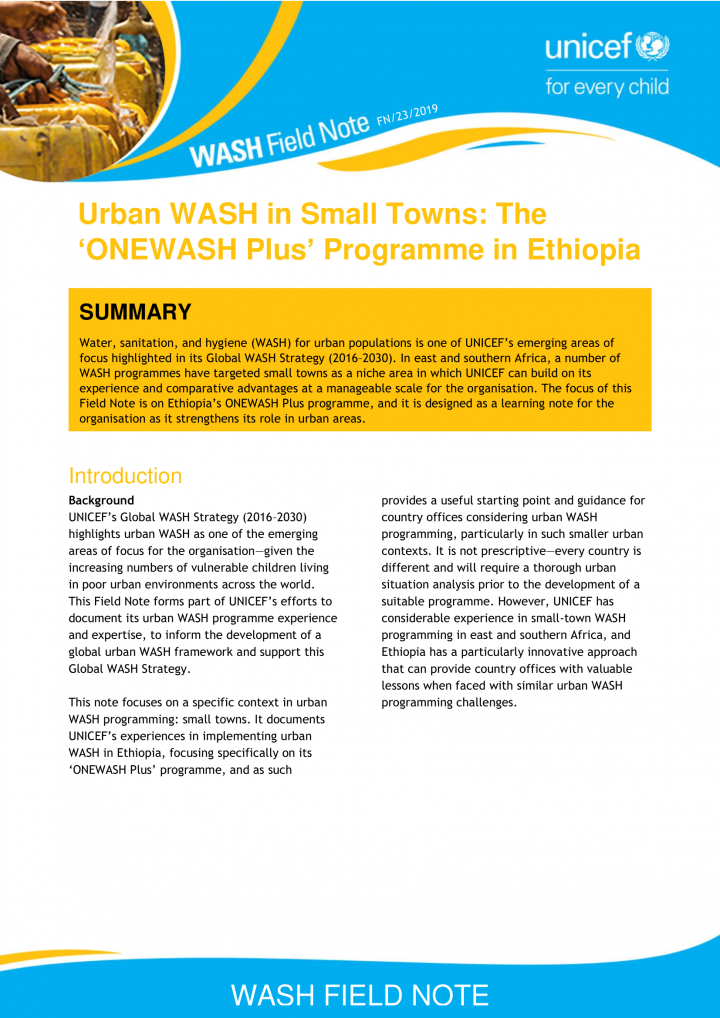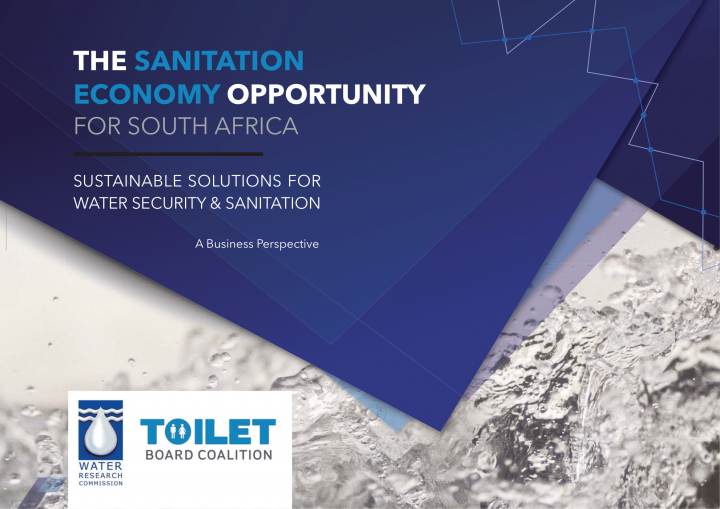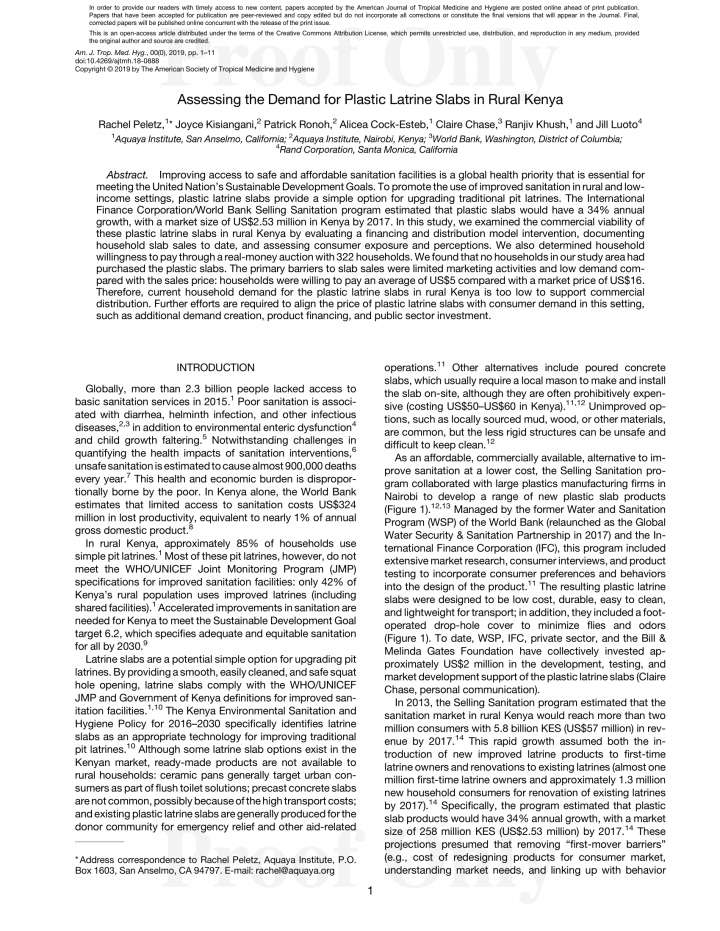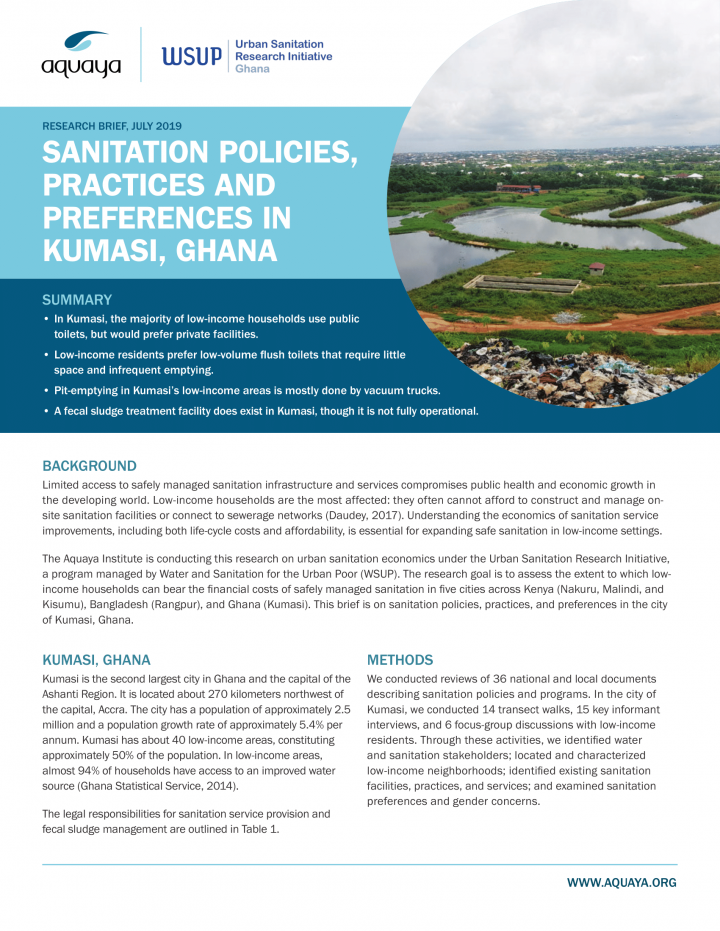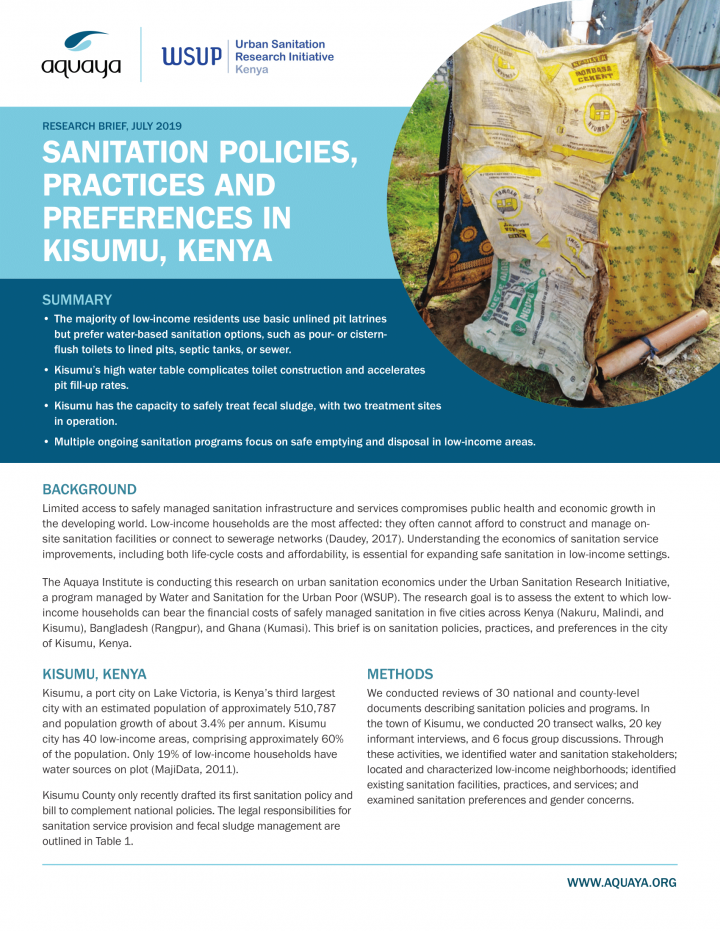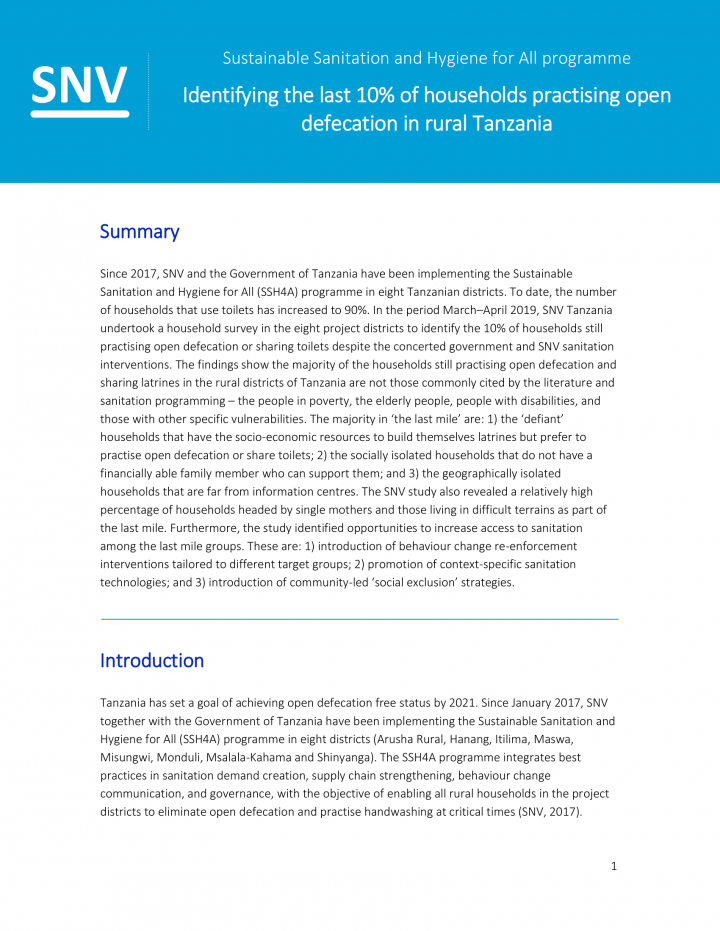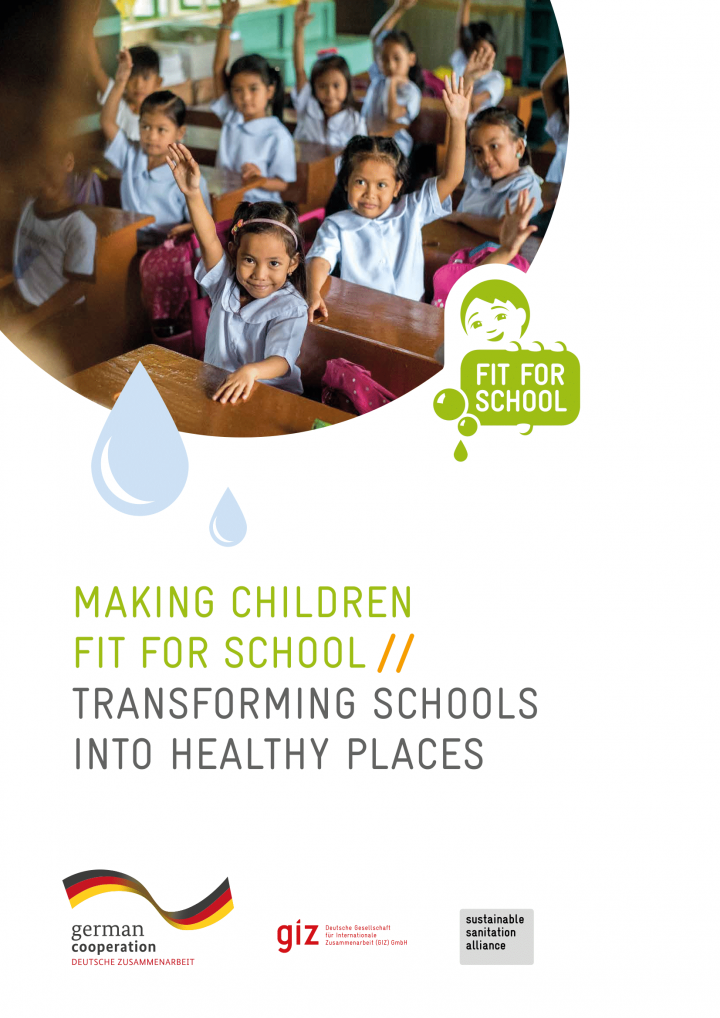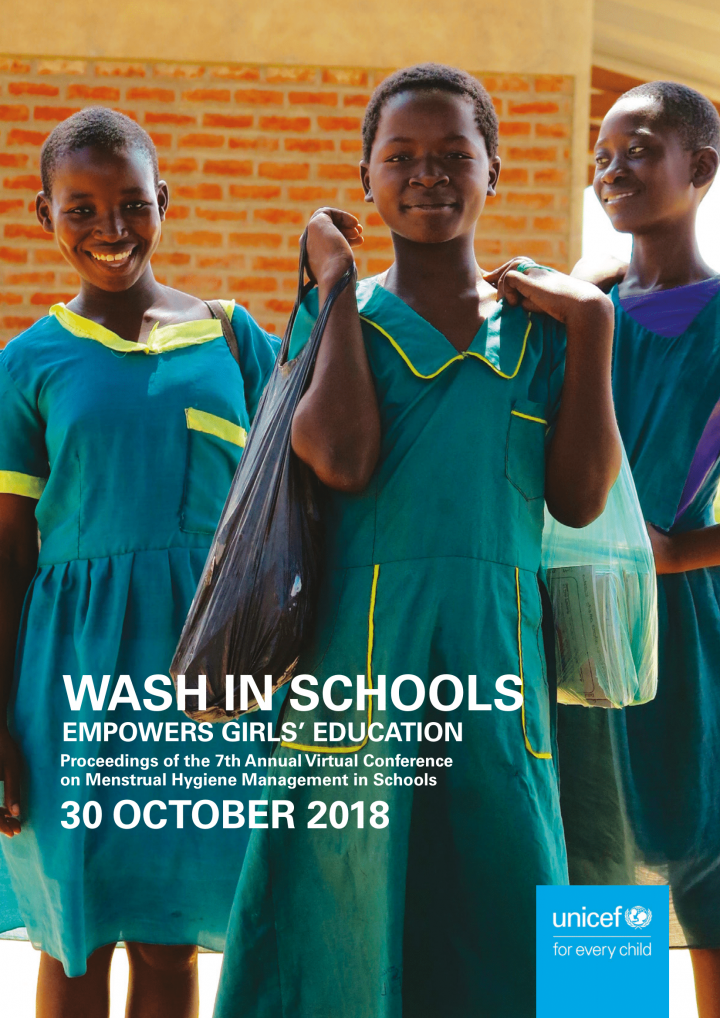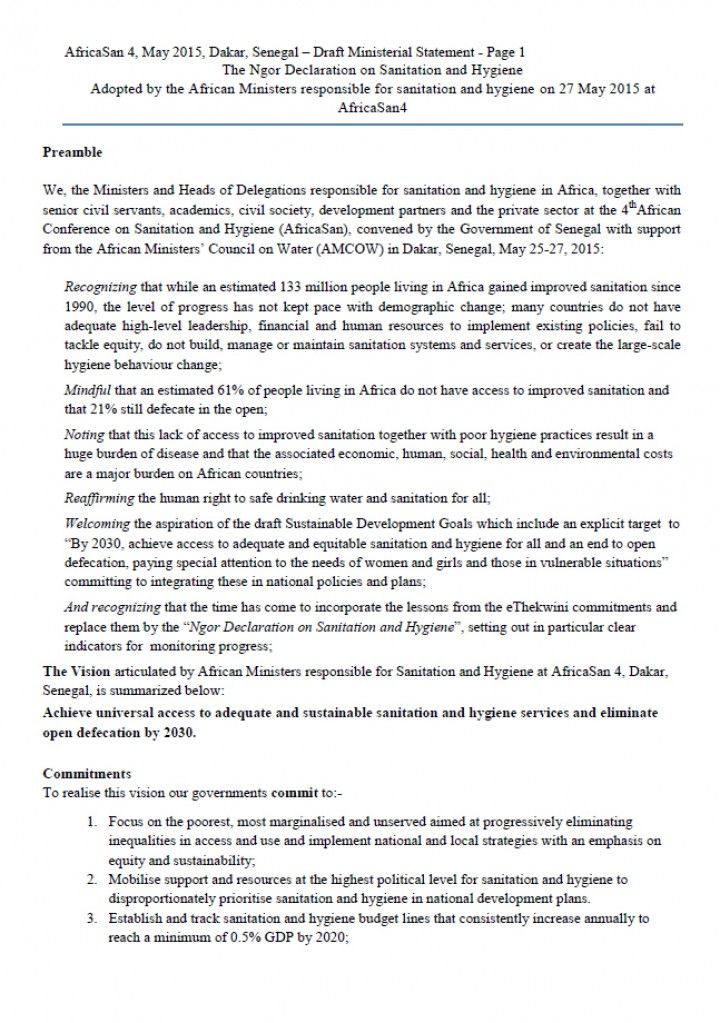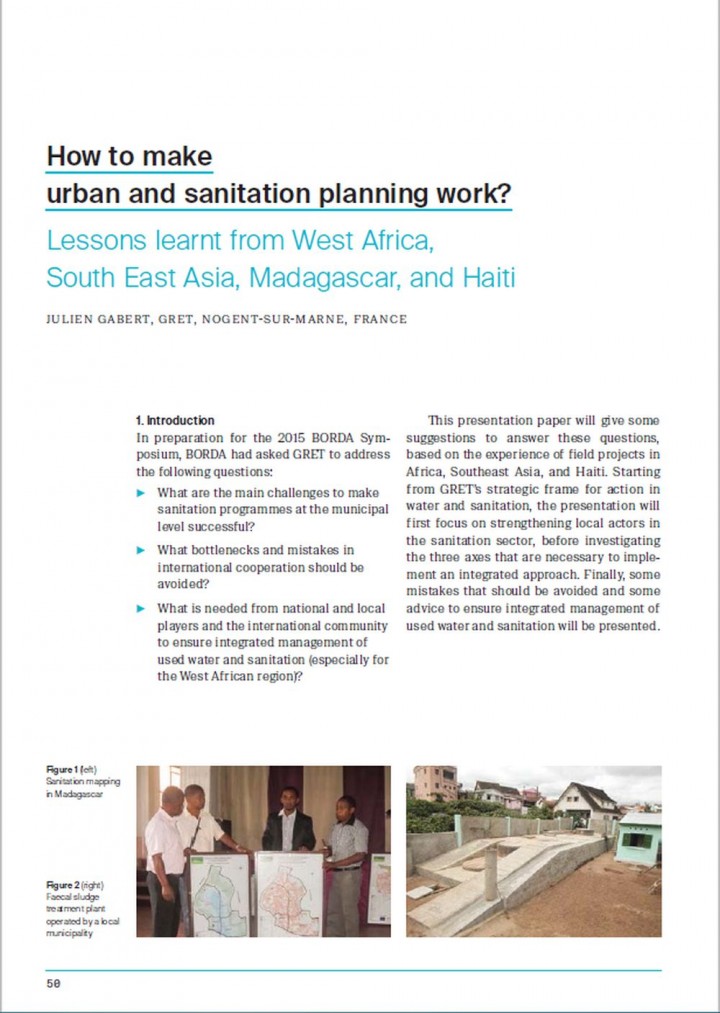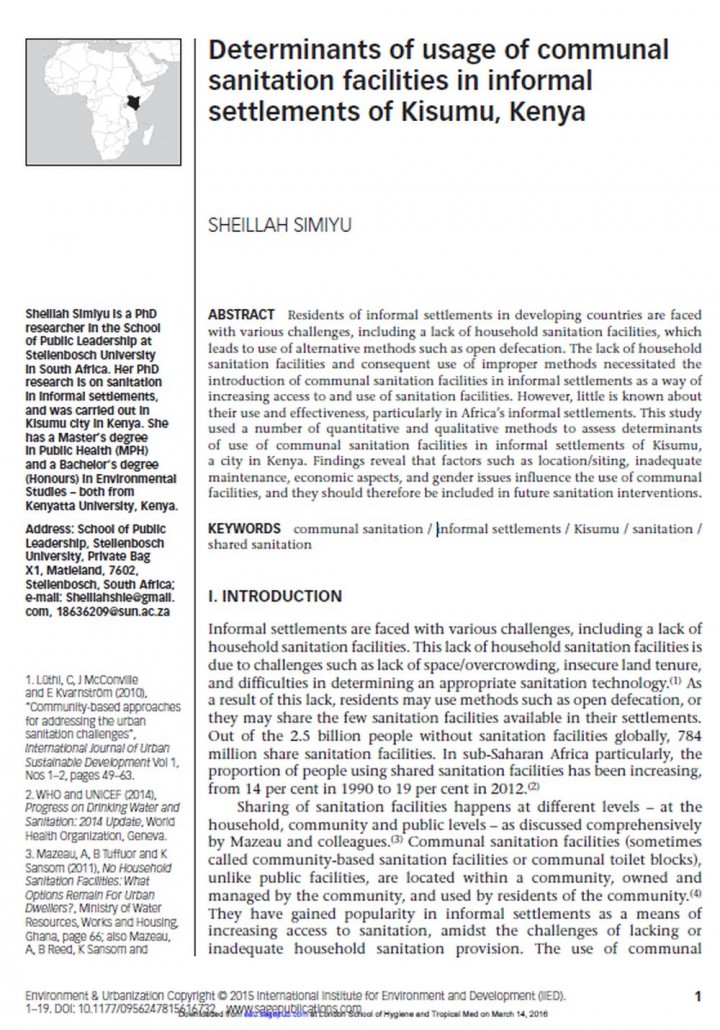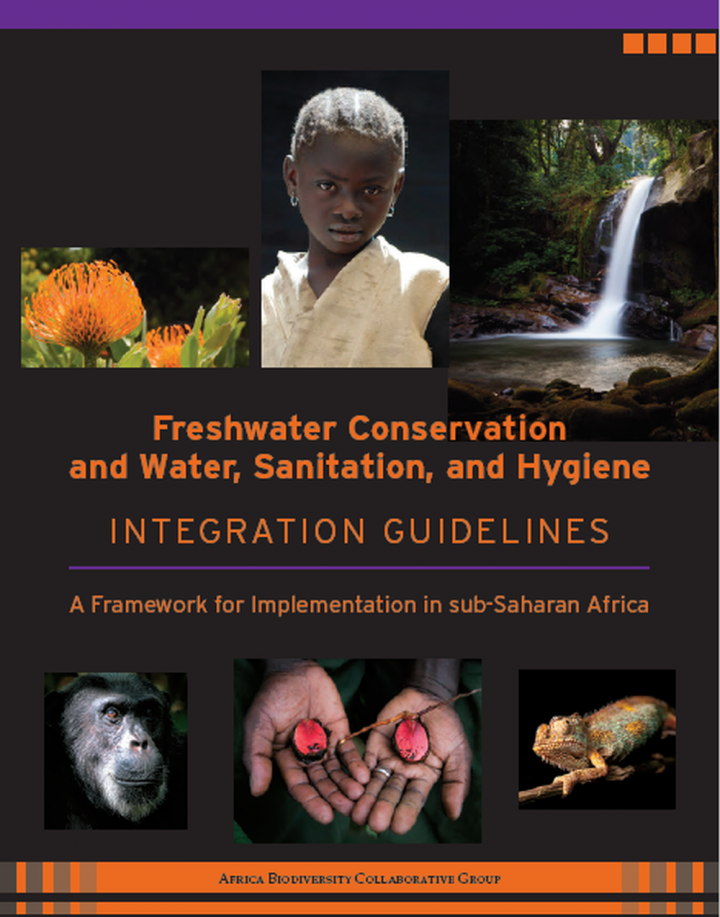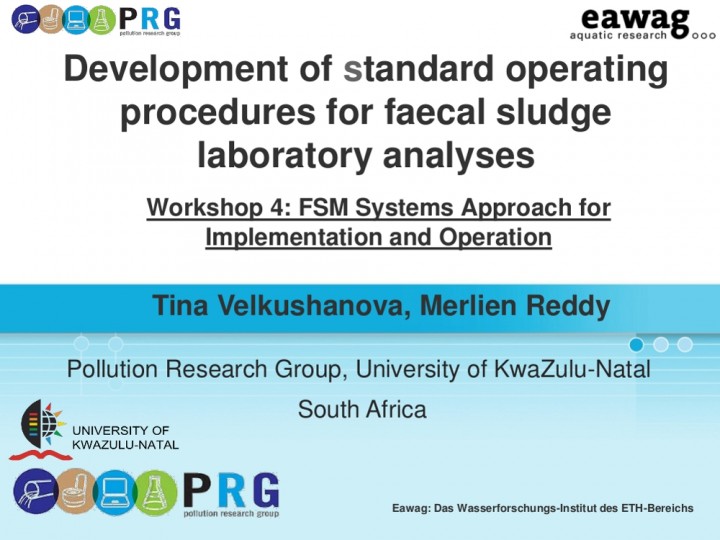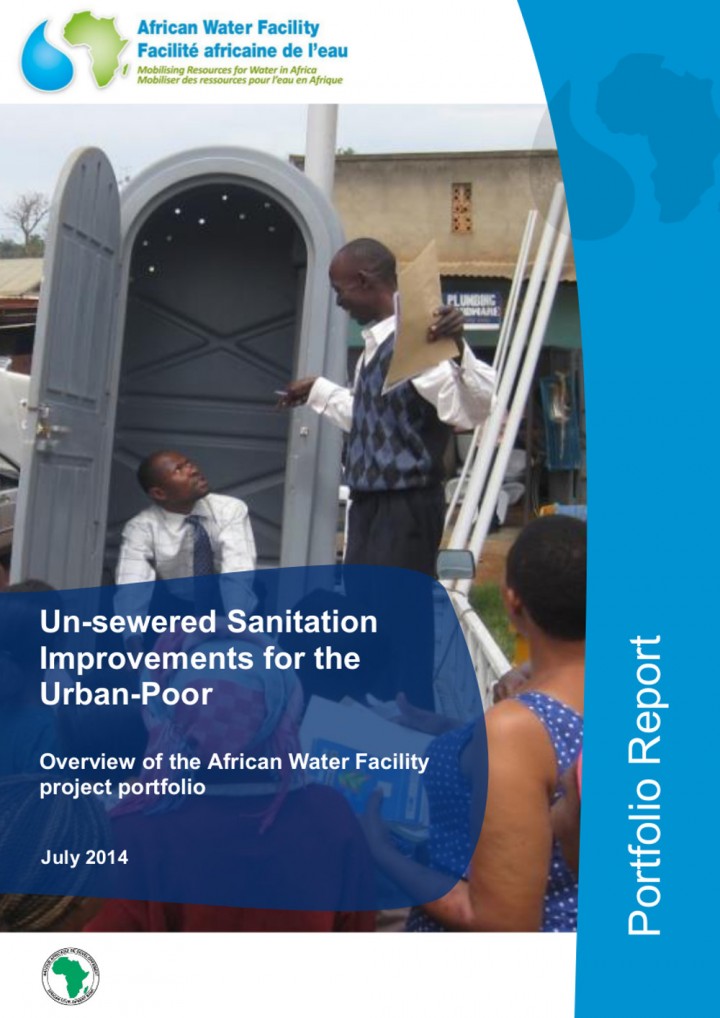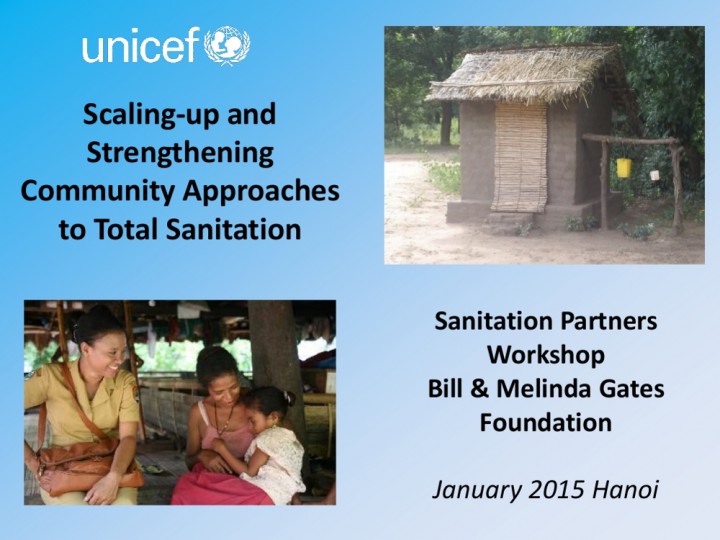Many WASH sector challenges are common across the continent, but the (knowledge around) solutions to them often remain localized. Despite the uptake of sector knowledge tools, there are challenges in adaptation and replication.
This chapter aims to enhance knowledge sharing and reusing from the continent to strengthen African WASH CSOs, enhancing their value and their relevance in the sector, and ultimately providing a better link and improved coordination between African WASH actors overall.
We are happy to join forces with the African Civil Society Network on Water and Sanitation (ANEW) to set-up and further develop the SuSanA Africa Chapter and a big thank you to the Water Supply and Sanitation Collaborative Council (WSSCC) for the financial support.
All SuSanA partner organisations and members are warmly invited to define contributions for the SuSanA Africa Chapter and contact the Chapter Coordinator if they are interested to participate.
Disclaimer: Both English and French knowledge resources will be shared within the chapter.

